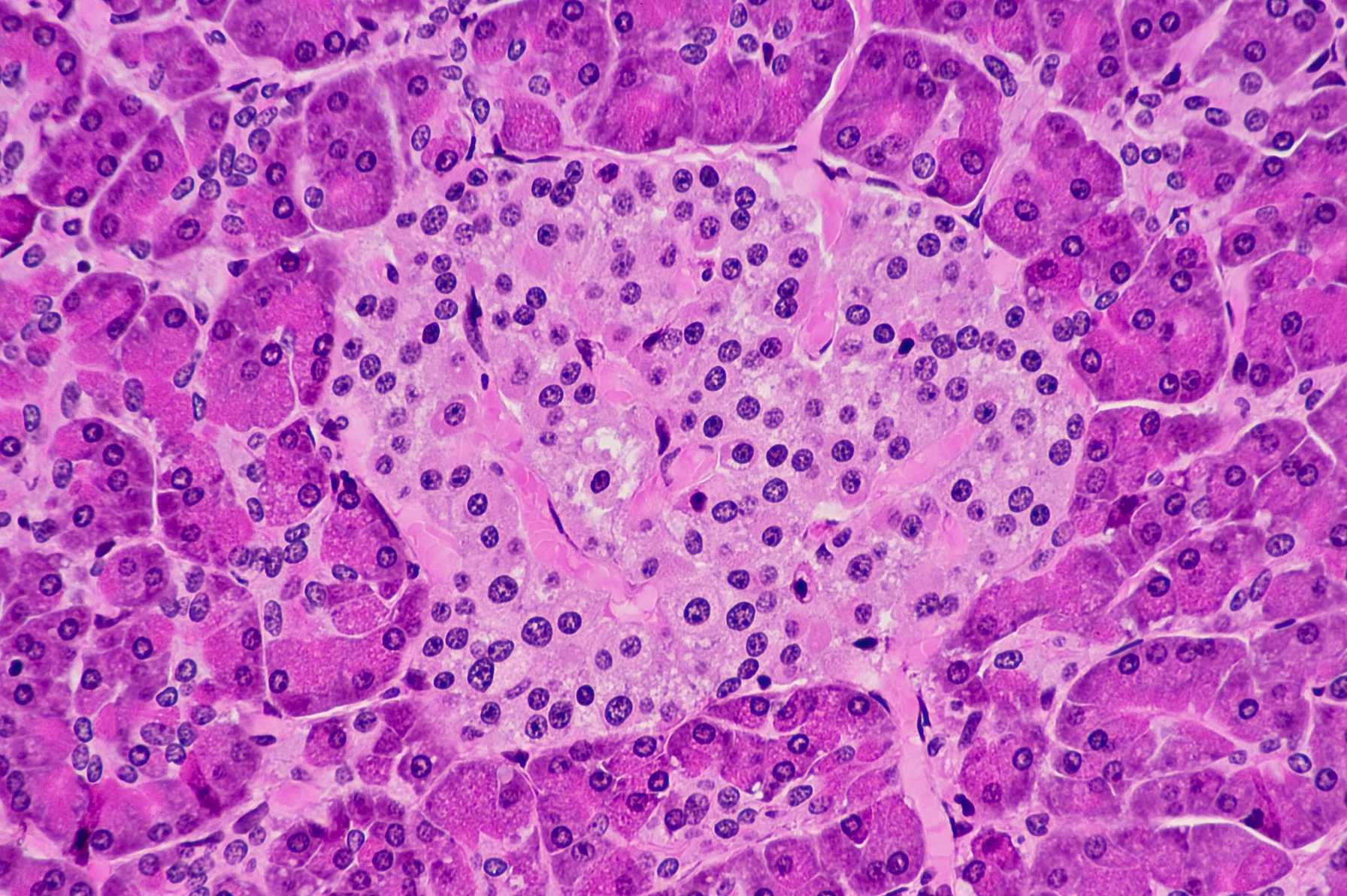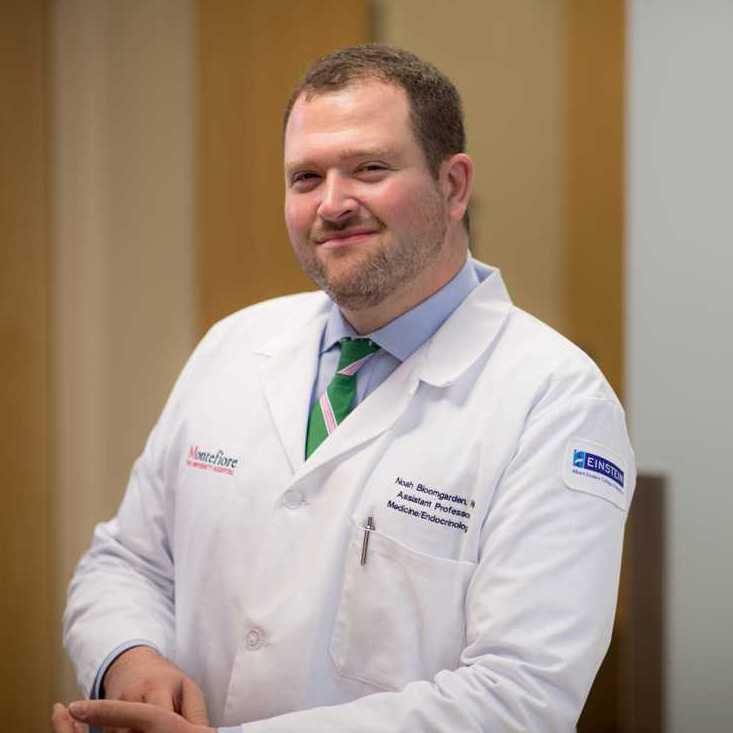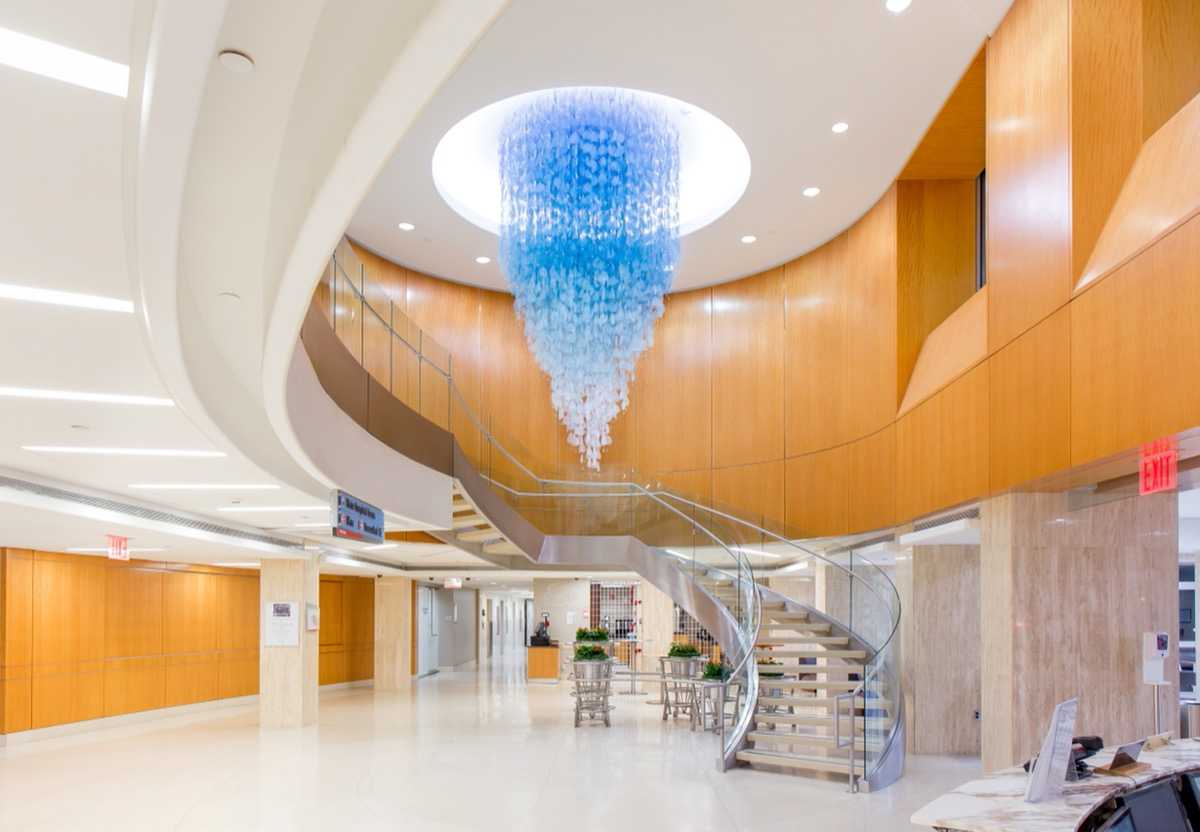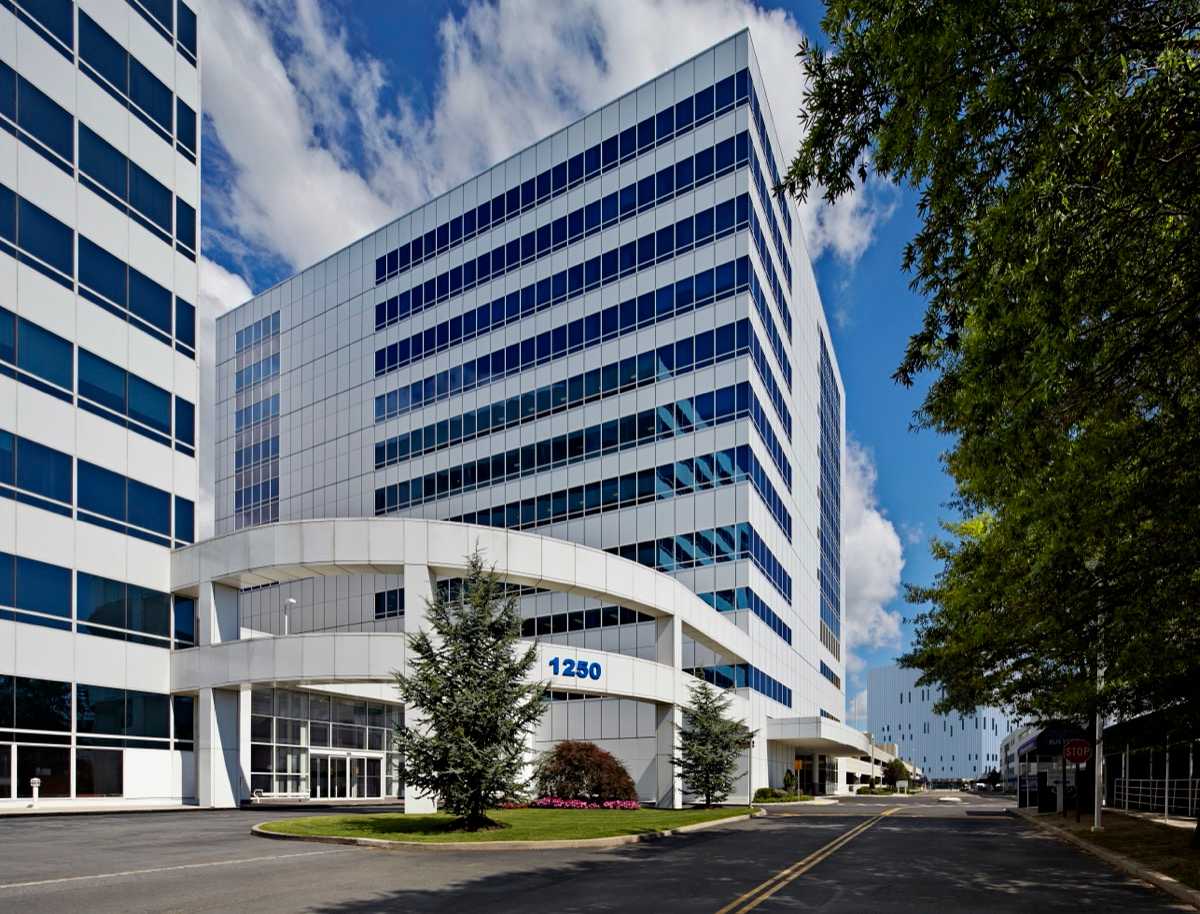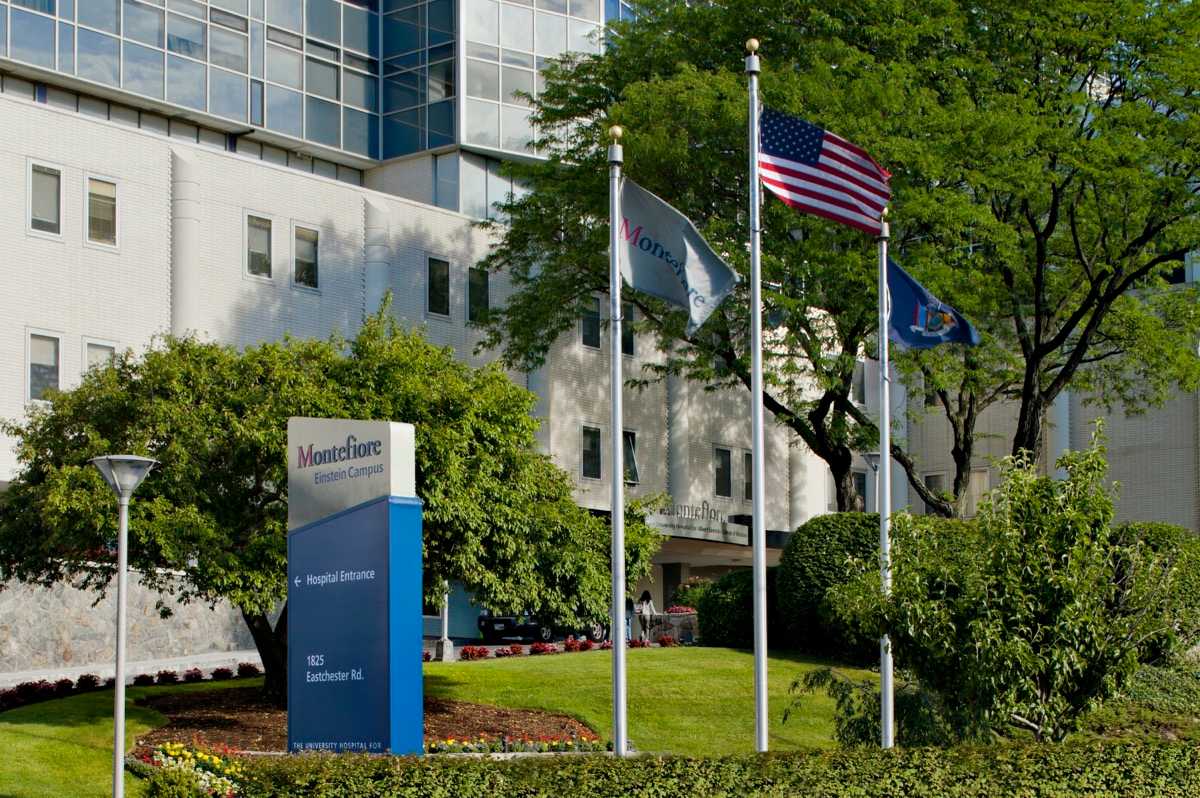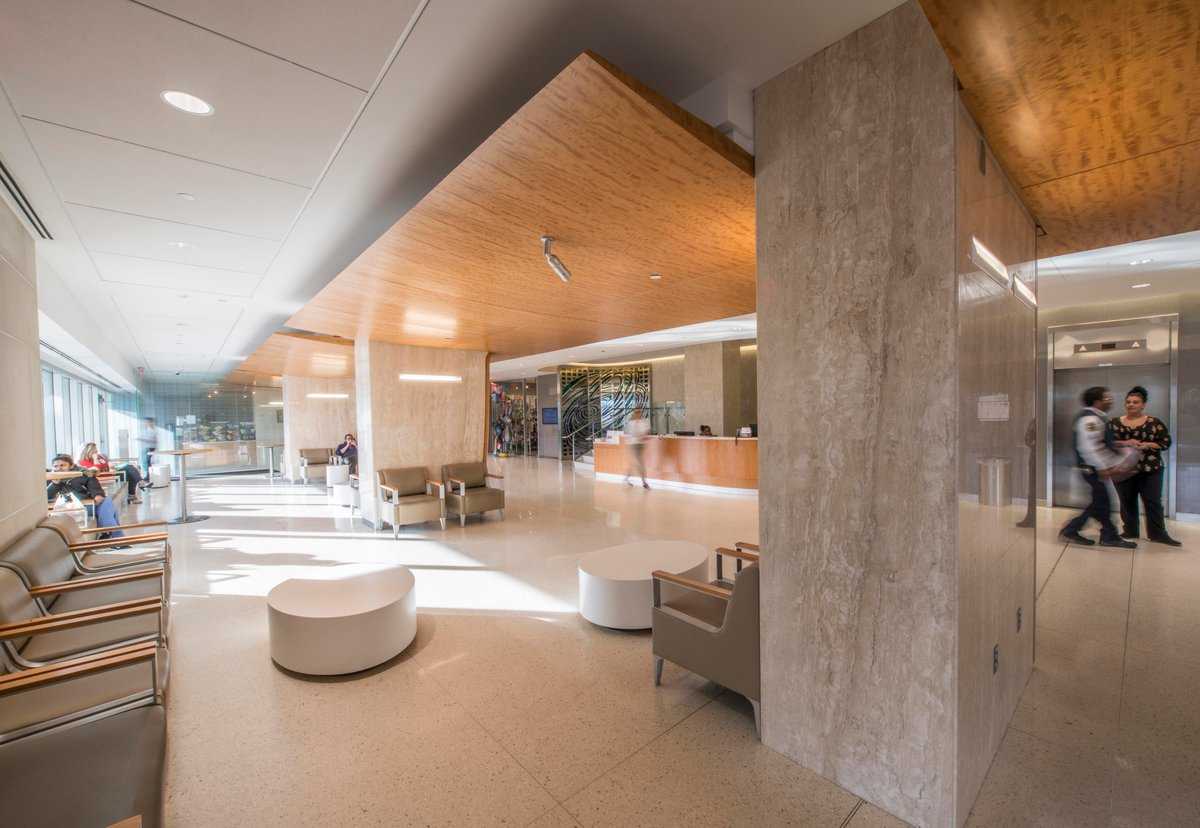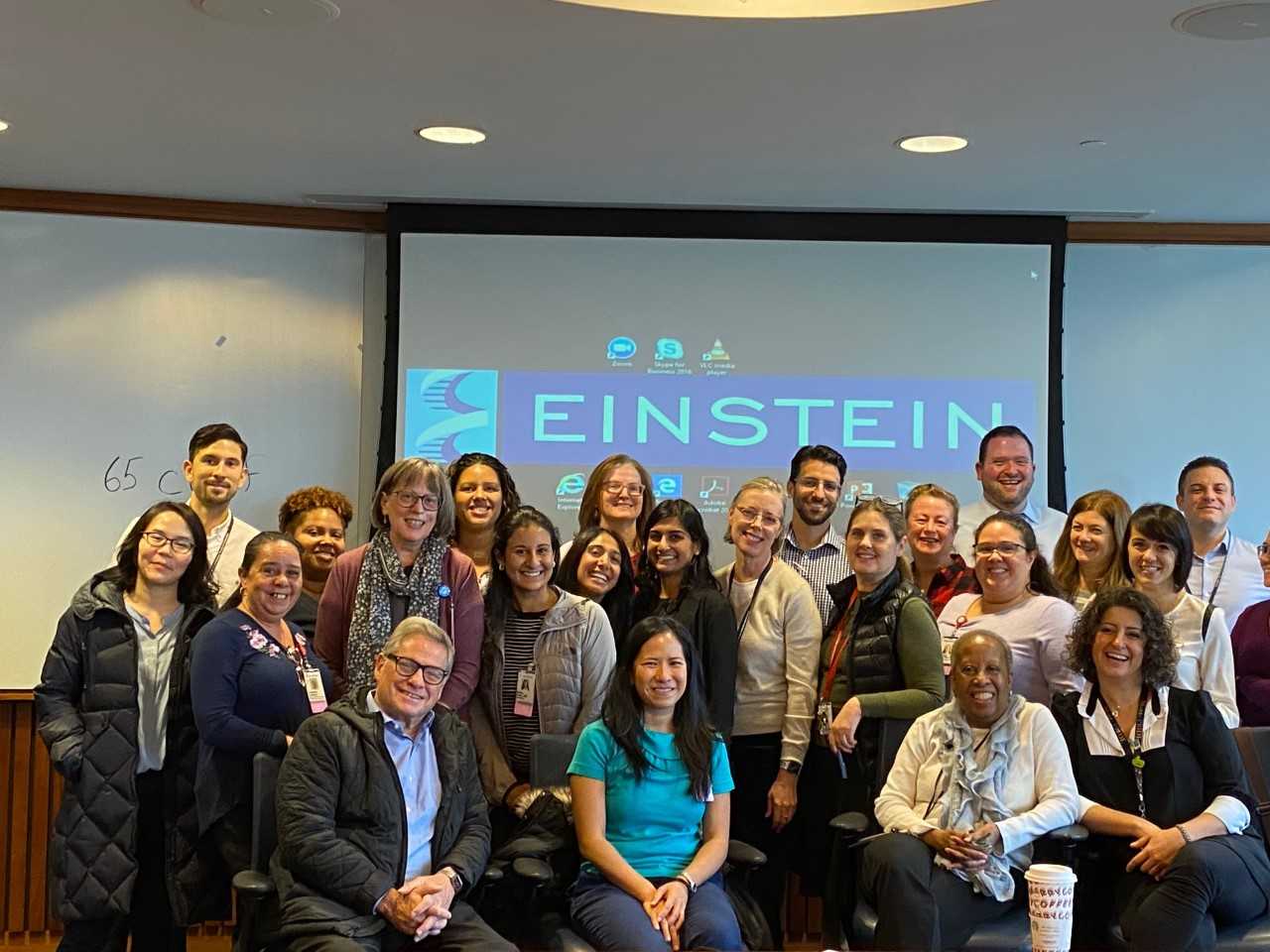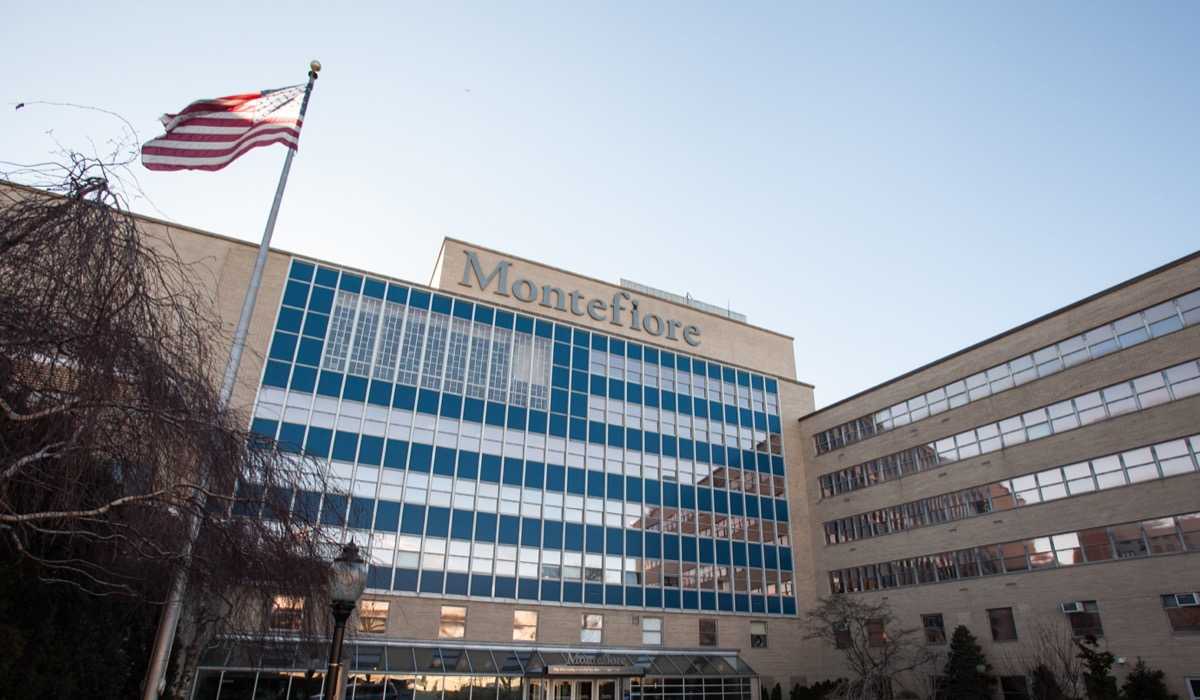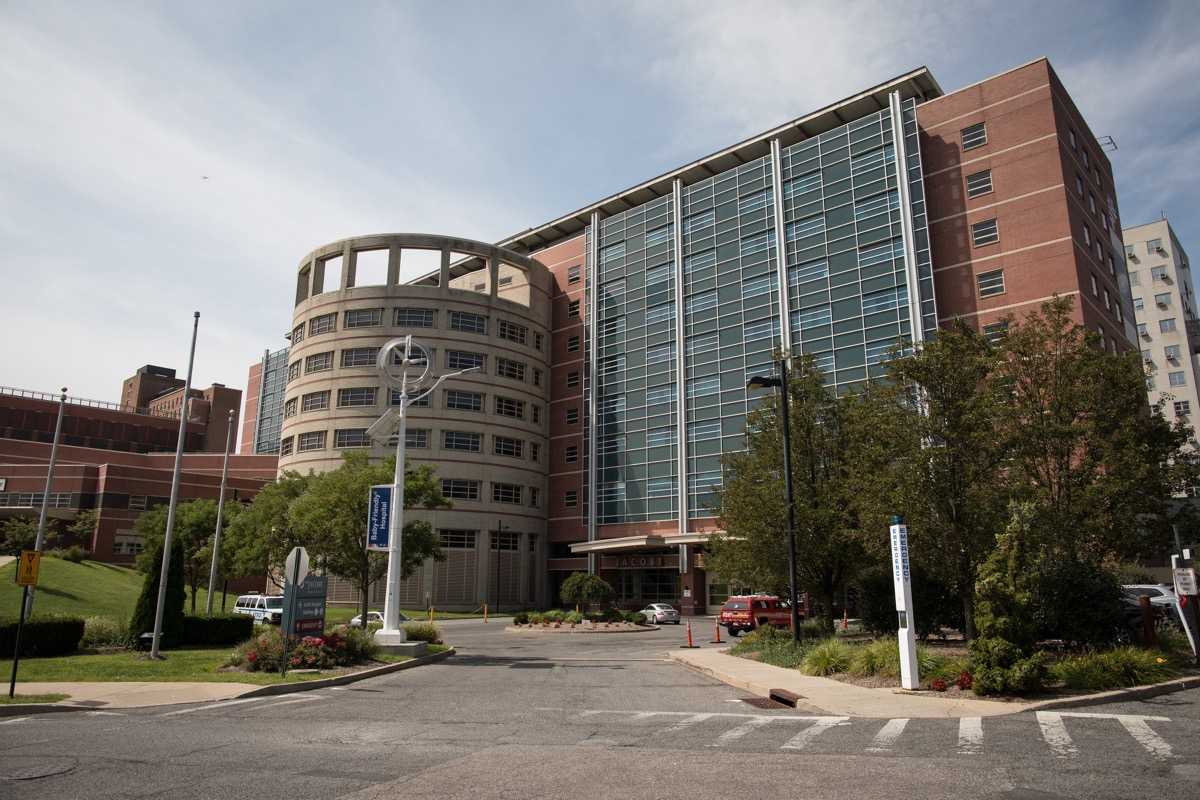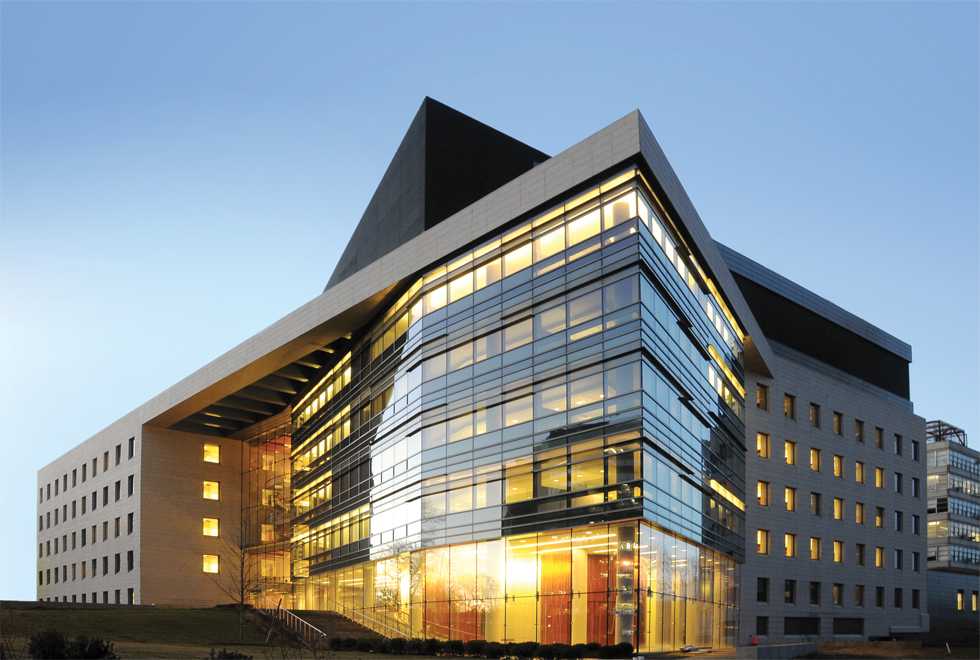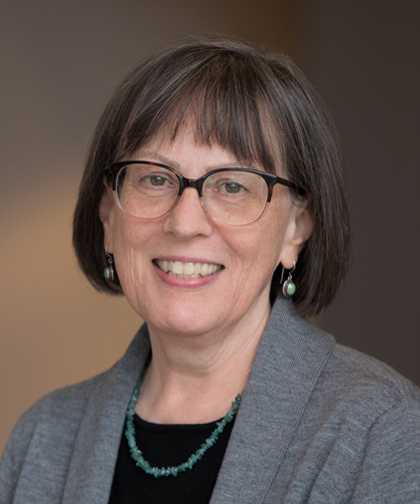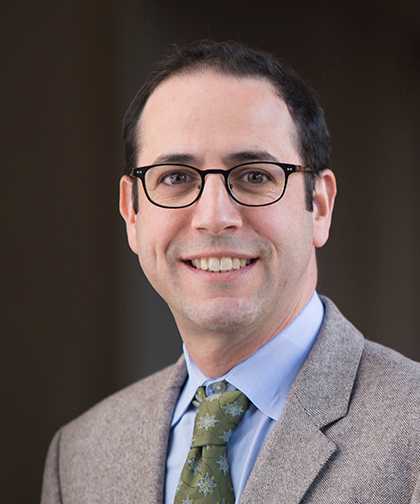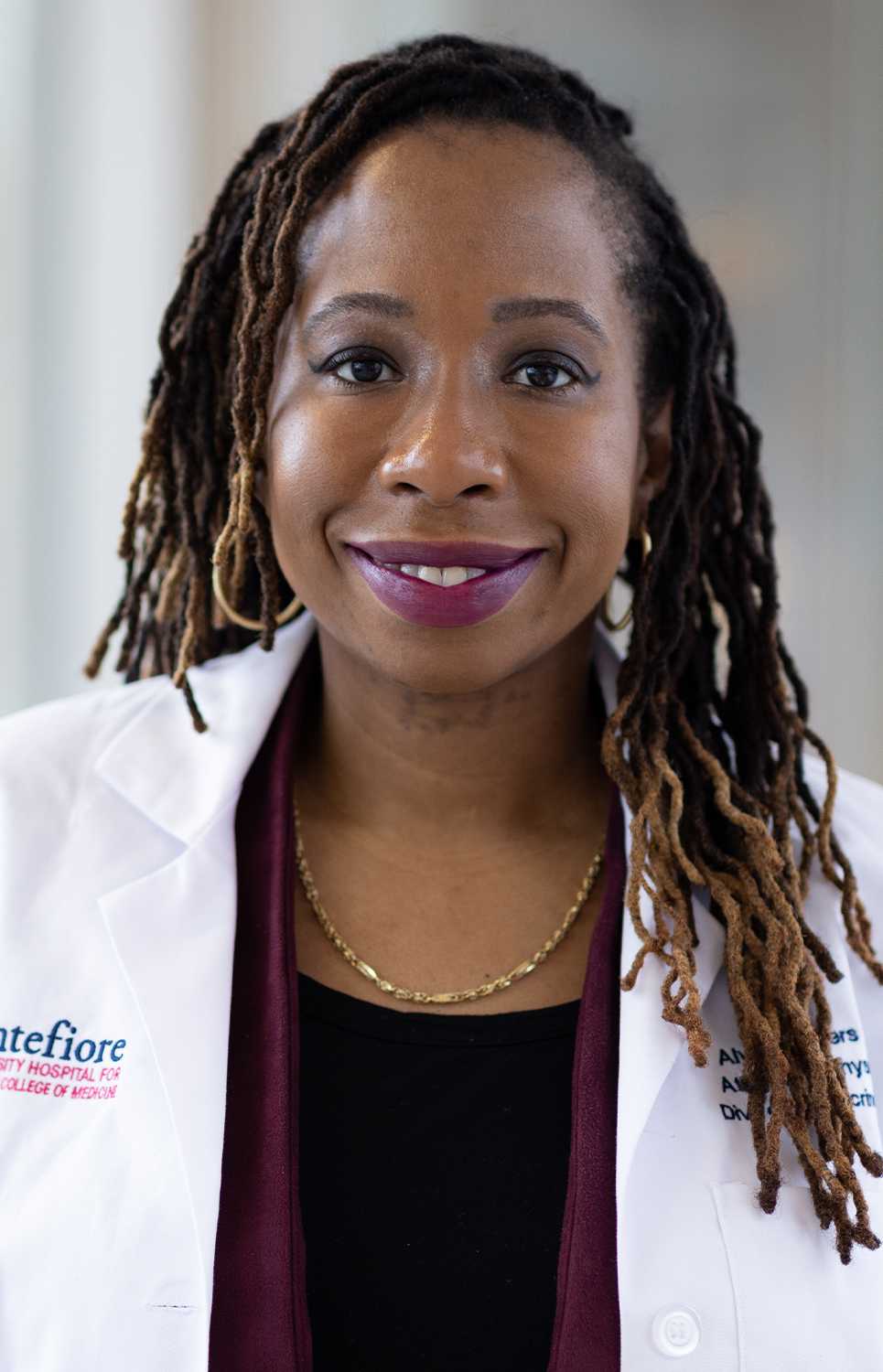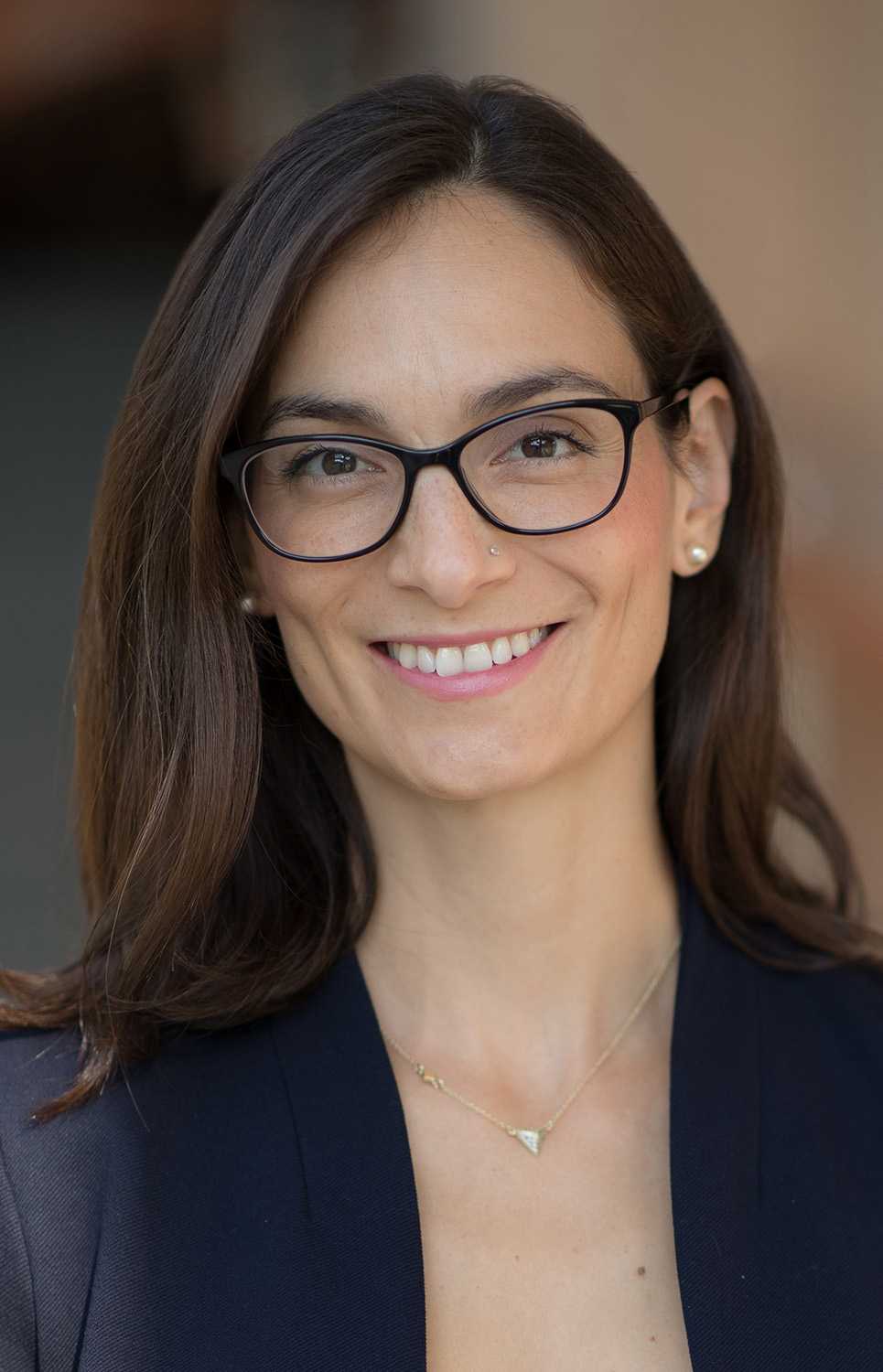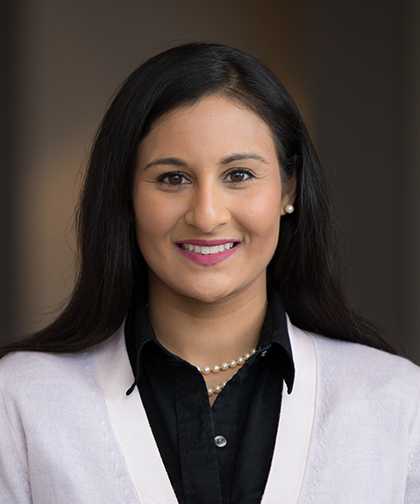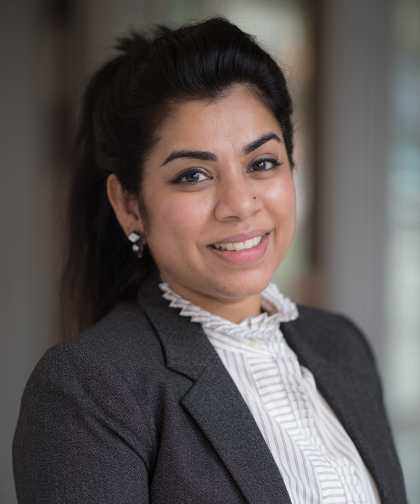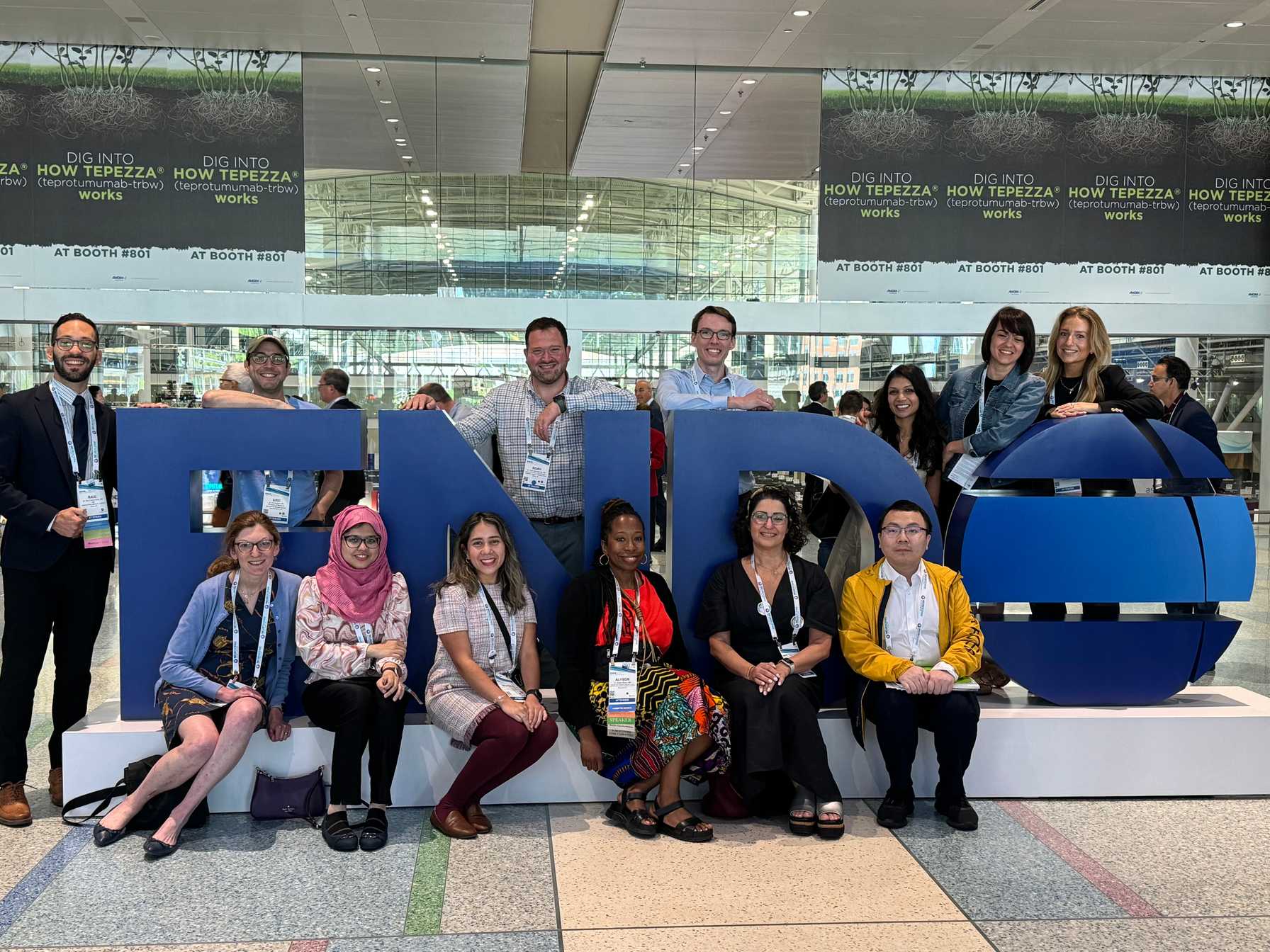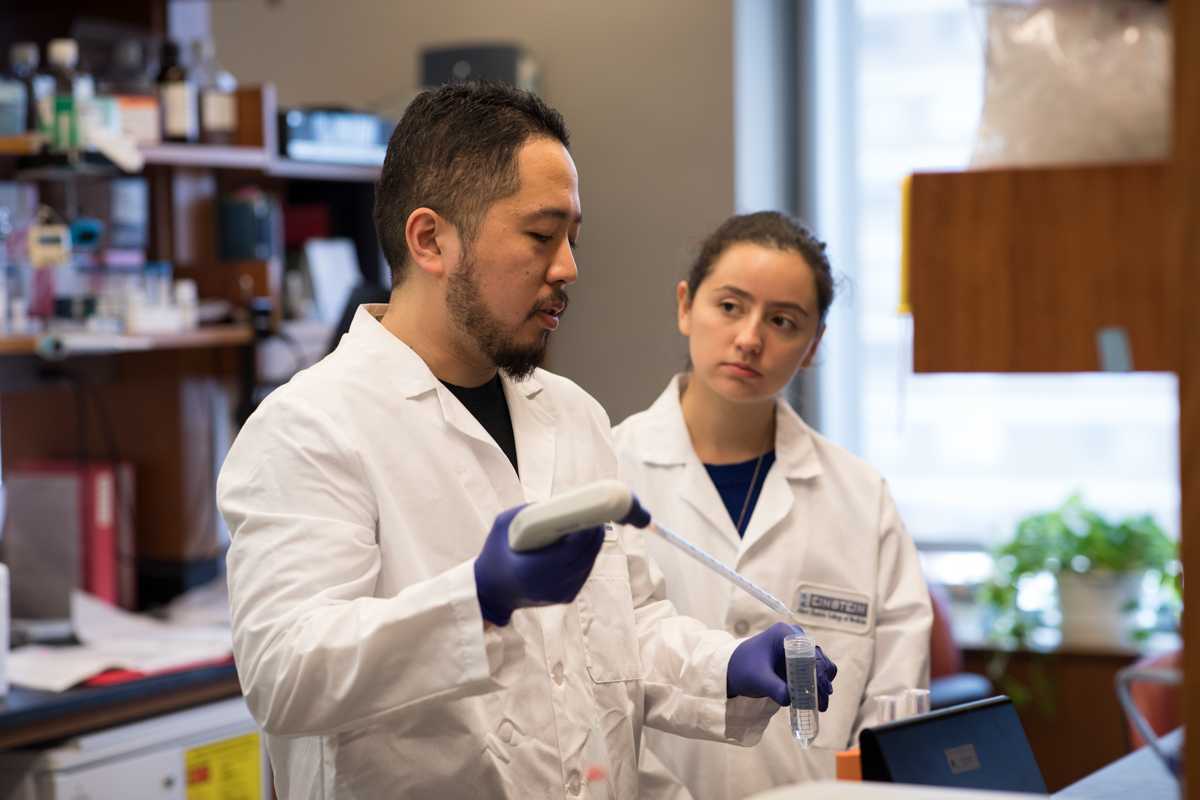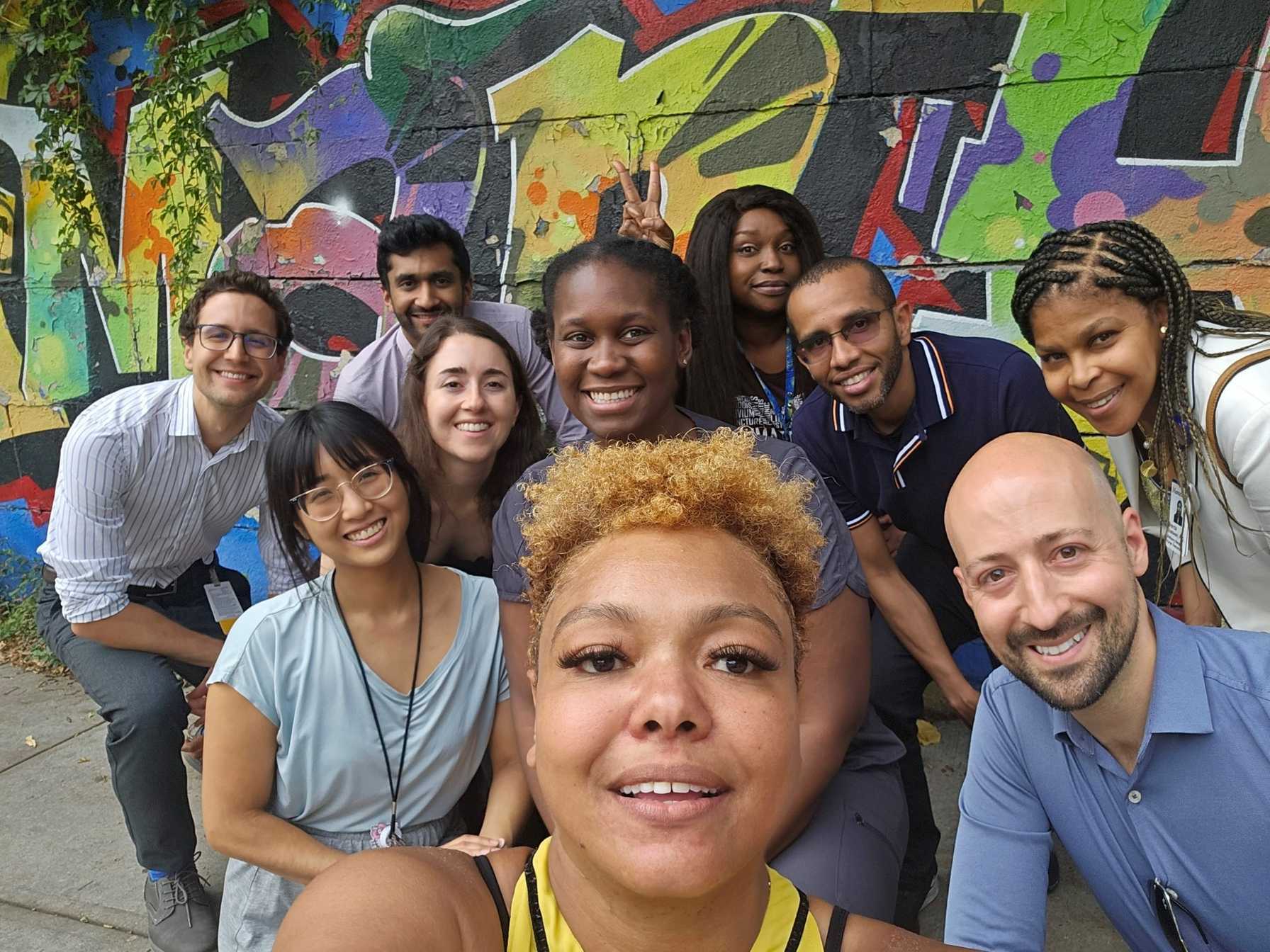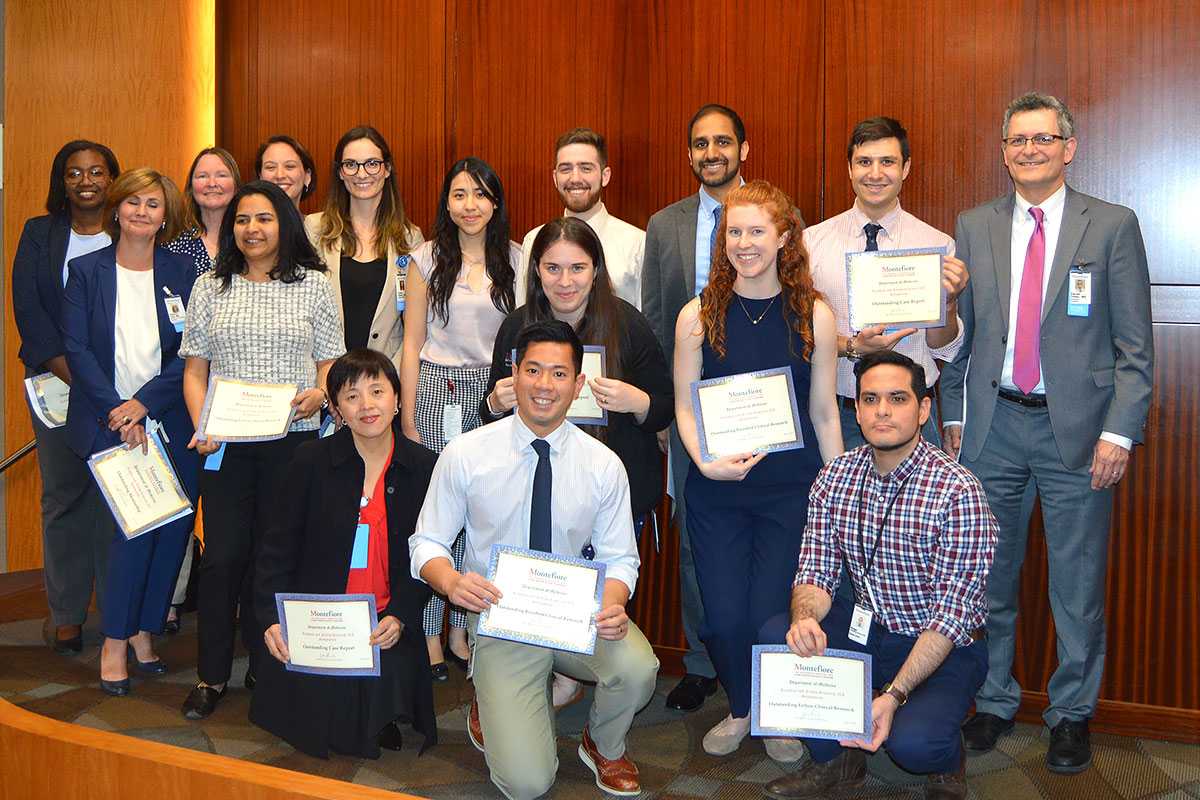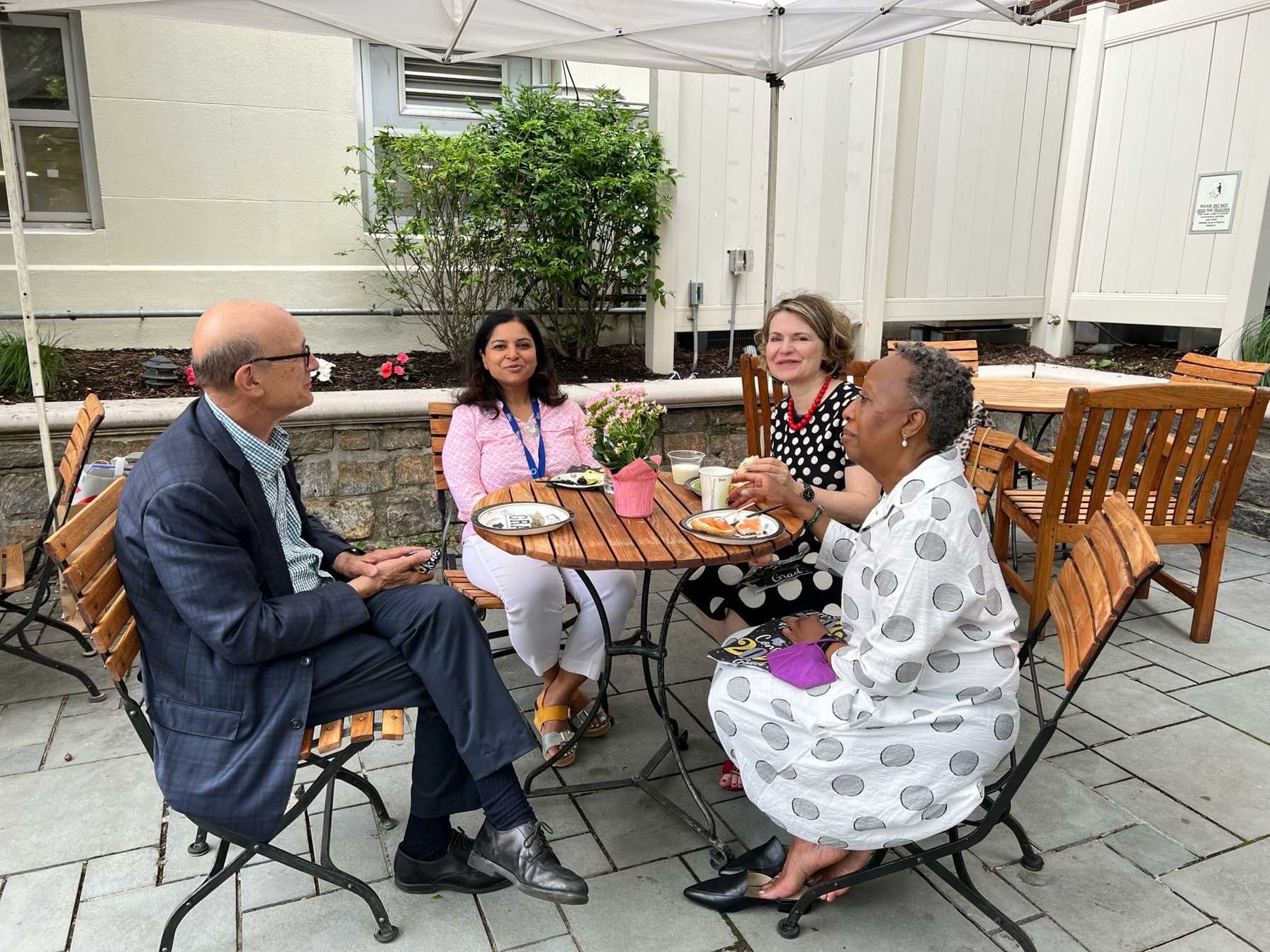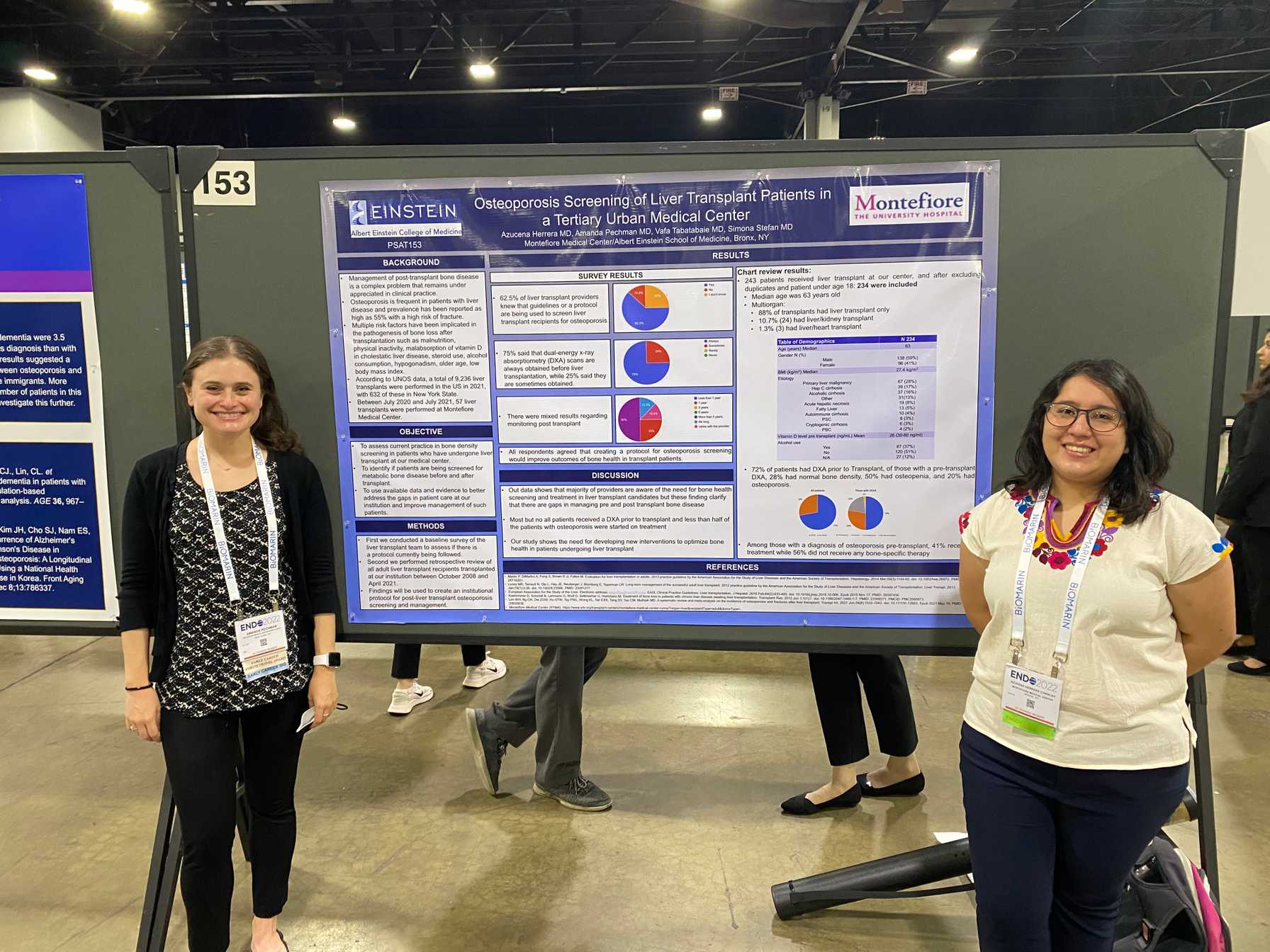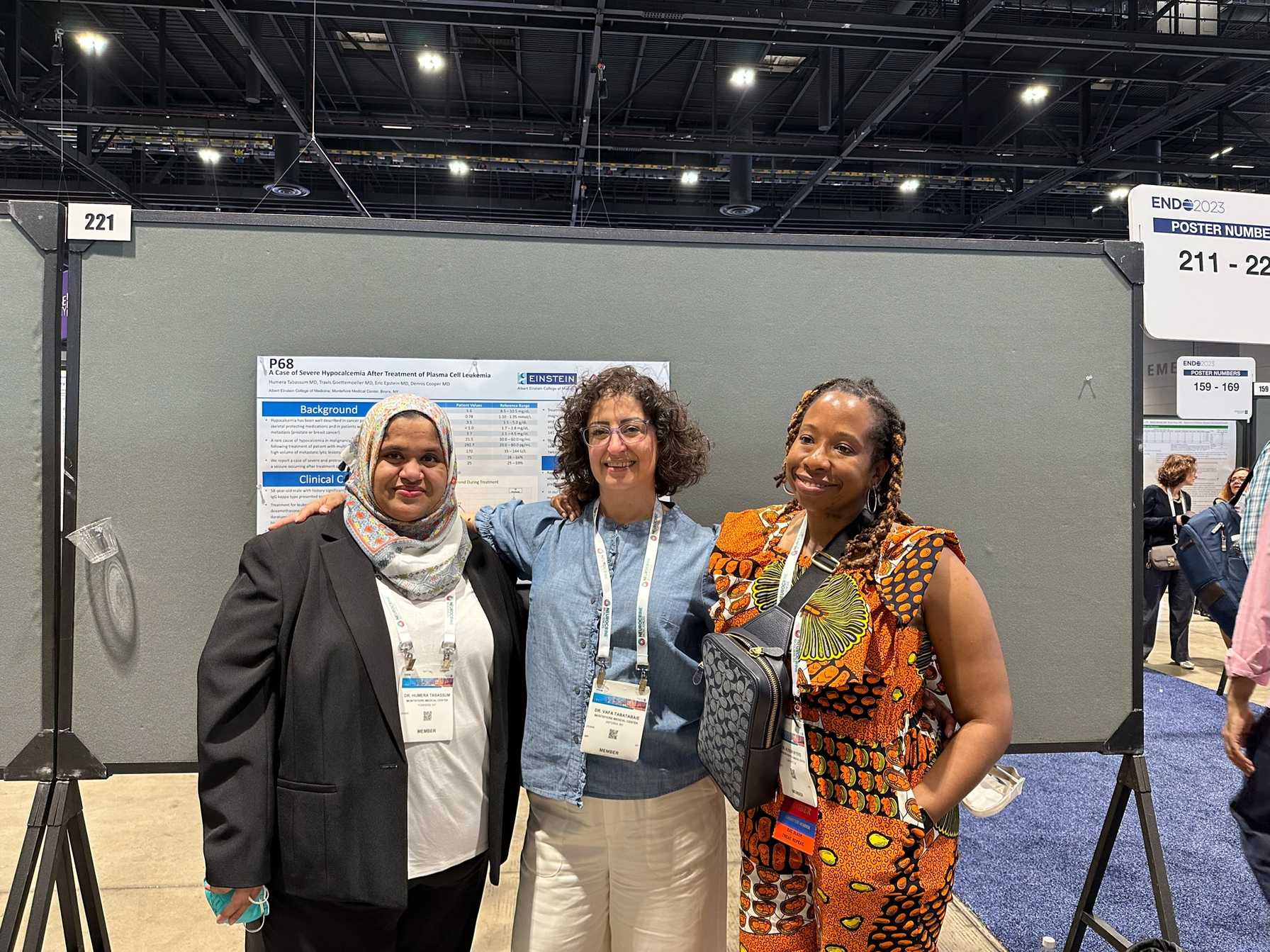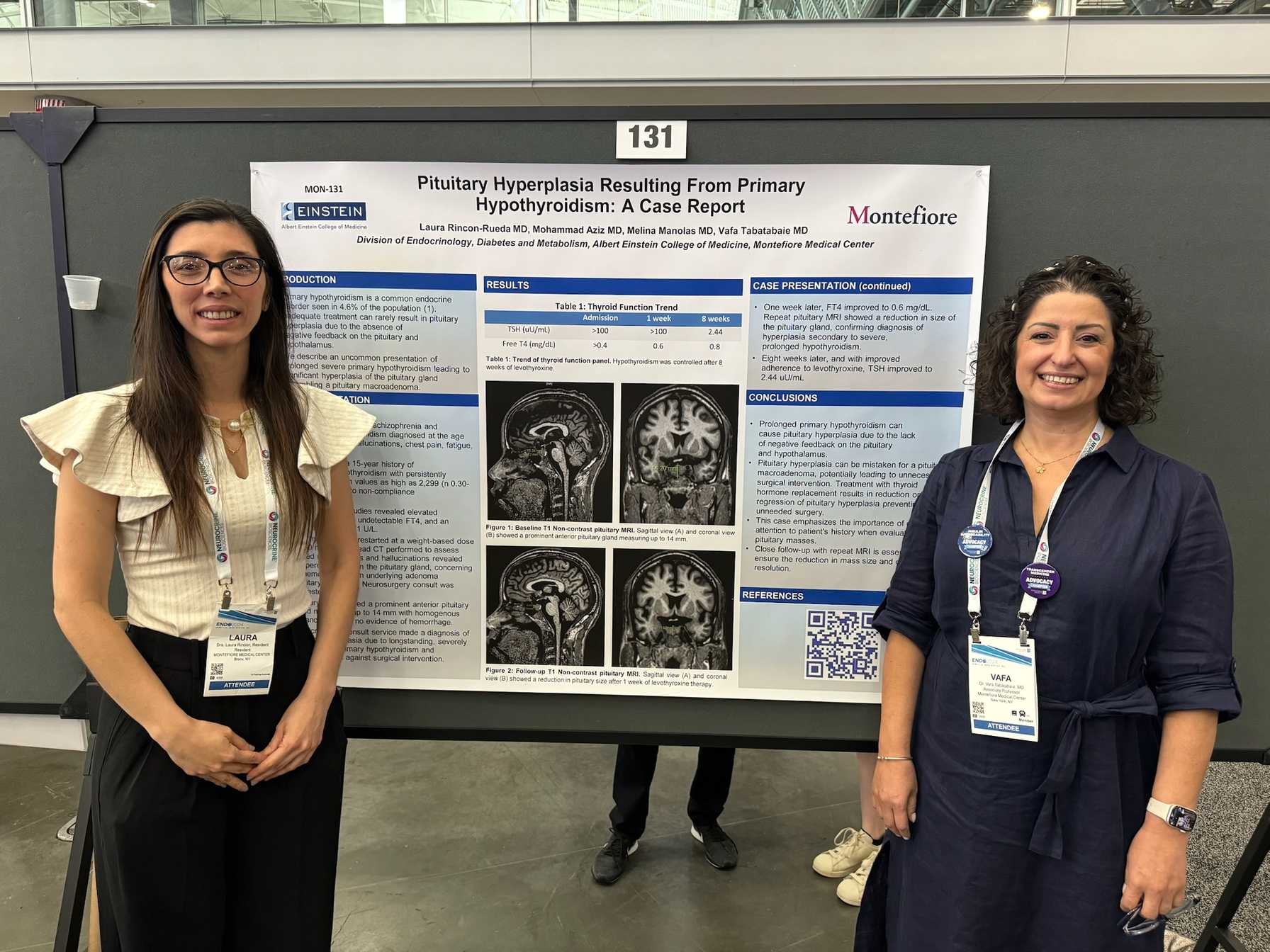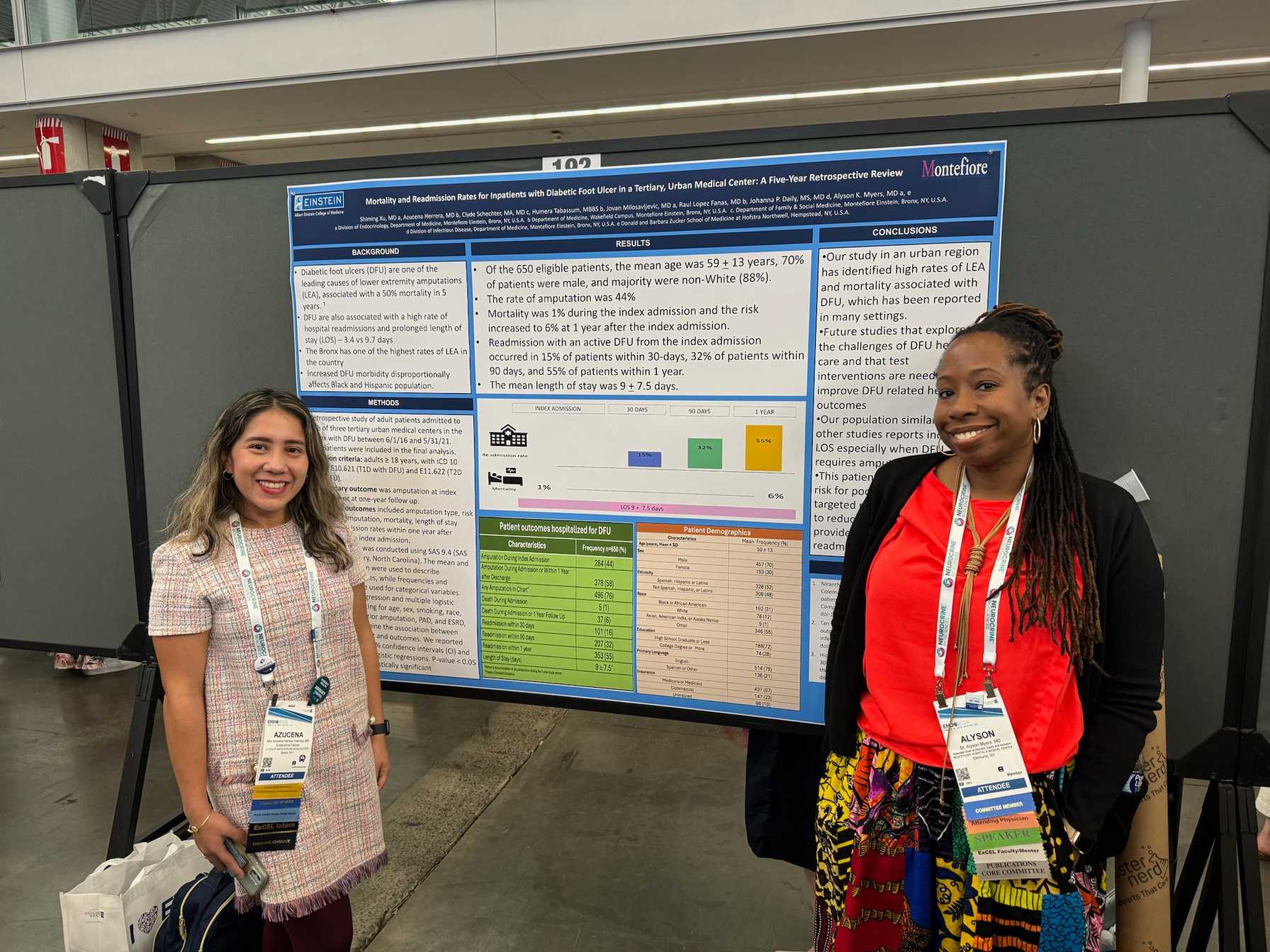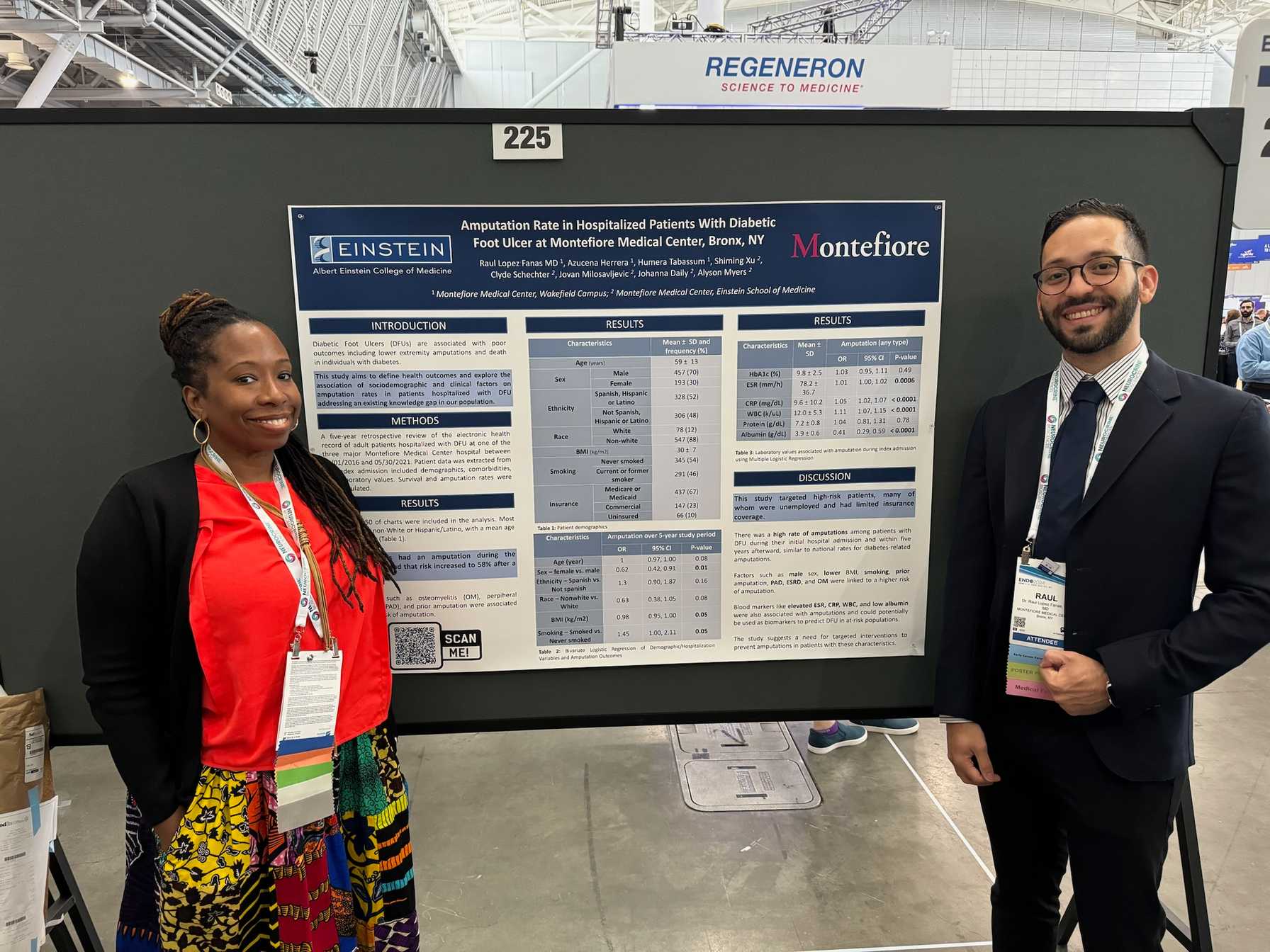Department of Medicine
Endocrinology Fellowship Program
With a focus on academic knowledge, clinical skills and cutting-edge research, our two-year Endocrinology Fellowship Program provides comprehensive and rigorous training in endocrinology, diabetes and metabolism.
Noah Bloomgarden, MD, Director, Endocrinology Fellowship Program
Why our program could be right for you

Our fellowship program is designed with the optimal balance of supervision and autonomy. Fellows work closely with dedicated faculty, learning to manage foundational endocrinology cases as well as rarer and more complex ones. A welcoming, patient-centered environment provides fellows with many opportunities to shape their unique learning path, and prepares them for their future career, be it in academic medicine, private practice, medical education or research.
What sets Montefiore Einstein apart
At Montefiore Einstein, we are guided by a mission to heal, to teach, to discover and to advance the health of the communities we serve. Comprising 11 member hospitals and more than 300 specialty care sites, Montefiore Health System provides highly specialized, coordinated care in the New York region, across the country and globally.
Albert Einstein College of Medicine, home to nearly 1,000 students in its MD, PhD and combined MD/PhD programs, is one of the nation’s preeminent centers for research, medical education and clinical investigation. Through the joint efforts of Montefiore Health System and Albert Einstein College of Medicine, Montefiore Einstein is able to advance research and accelerate discoveries, benefiting patients and ensuring access to state-of-the-art healthcare for all.
- Montefiore’s medical specialties ranked as top 1% in the nation by U.S. News & World Report
- Children’s Hospital at Montefiore Einstein (CHAM) recognized as one of “America’s Best Children’s Hospitals” by U.S. News & World Report
- The National Institutes of Health (NIH) awarded Einstein $192M+ in research funding in 2023, placing Einstein in the top 35 among 154 schools of medicine
- 850+ clinical trials
Graduate Medical Education at Montefiore Einstein
Representing one of the top 10 largest medical and surgical training programs in the country, Montefiore Health System and our Albert Einstein College of Medicine provide postgraduate clinical training to more than 1,400 residents and fellows per year. Clinicians across Montefiore Einstein’s numerous educational programs actively mentor and cultivate a new generation of healthcare leaders.
Our mission to improve access and quality of care for our diverse community draws residents and fellows from top medical, dental and PA schools from around the world. We develop and expand programs designed to advance teamwork, communication and decision-making, and our progressive focus on comprehensive care provides an ideal training ground for our residents and fellows.
To make the process of working and training at Montefiore Einstein more seamless, we offer a variety of services for our house staff, physician assistants and interns, including assistance with credentialing and orientation, institutional resources, visas, contracts, HR documents, payroll, notary services and specialty training and certifications.
Montefiore Einstein by the numbers
0.8 million+
patient interactions annually
0.1 million+
patients annually, representing the largest network in the Bronx, Westchester and the Hudson Valley
160+
specialty care locations, with more coming soon
32,000+
employees
A goal-oriented fellowship
Over the course of their training, fellows acquire advanced skills and expertise in the following areas:
- The pathophysiology, diagnosis and treatment of disorders of endocrinology, diabetes and metabolism
- Patient interviewing and examination relevant to endocrine disorders
- A wide variety of laboratory tests related to endocrinology, diabetes and metabolism, and understanding their indications, interpretations, specifications, sensitivities and cost in diagnosis and monitoring therapy
- Thyroid ultrasound and fine needle aspiration biopsy
- Hormone stimulation and suppression tests, including their indications and interpretations
- Multidisciplinary management of complex thyroid, pituitary and neuroendocrine tumors
- Modern diabetes technologies, including the management of insulin pump therapy and the interpretation of continuous glucose monitoring and integration in therapeutic decision-making
- The critical review of literature and use of scientific data to aid in patient management
- Basics of experimental study design and statistical analysis
- Contribution to medical literature through the preparation of case reports, abstracts, posters and manuscripts to present in local, regional and national conferences and forums
Moses Campus
The Moses Campus is home to a 726-bed tertiary care hospital offering state-of-the-art care to a diverse patient population. As the major academic referral center for the Bronx, Westchester and the Lower Hudson Valley, Moses offers fellows unparalleled exposure to the most unusual cases in the field of endocrinology.
An ambulatory surgery center and specialty care location
Our world-class Hutchinson Campus raises the bar for efficiency and innovation in healthcare. Designed with our patients in mind, the 11-floor, 280,000-square-foot facility is a patient-focused and highly-streamlined ambulatory care center that maximizes efficiency. The Hutchinson Campus is home to multiple specialities and services under one roof, and often on the same floor, allowing for greater physician collaboration, easier referrals, joint consultations and shorter wait times.
Jack D. Weiler Hospital, Einstein Campus
Located on the campus of Albert Einstein College of Medicine, the Jack D. Weiler Hospital is a 403-bed tertiary care facility that serves 75,000 patients per year. Working as part of the inpatient consult team, fellows participate in the management of various endocrine conditions. The Jack D. Weiler Hospital is home to general medicine floors, surgery, oncology, telemetry, critical care and other general inpatient services, as well as obstetric care and labor and delivery services, which gives fellows the opportunity to care for various pregnancy-related endocrine disorders.
Offering patients a range of programs and specialty services
Located in the North Bronx, Wakefield Campus is a 360-bed hospital that provides inpatient and outpatient primary and consultative care. Wakefield is one of the endocrinology fellowship teaching sites.
A partner teaching hospital designated as a Level 1 trauma center
Jacobi Medical Center (JMC) is a 457-bed municipal hospital that provides healthcare for 1.2 million people in the Bronx and the broader New York City area. One of New York City’s largest medical facilities, JMC houses the only burn unit and Level I pediatric trauma center in the Bronx. With a high volume of clinical visits and emergency room visits, JMC is an excellent location for our residents to acquire skills in acute care, trauma and intensive management. Endocrinology fellows develop experience as consultants and provide specialized care to a diverse and complex community within fellow-run clinics.
A center for medical research on our Albert Einstein College of Medicine Campus
The Michael F. Price Center for Genetic and Translational Medicine and Harold and Muriel Block Research Pavilion is a medical research facility that houses 40 state-of-the-art laboratories, research support facilities and a 100-seat auditorium. The research taking place here is at the frontier of biomedical science, and has the potential to impact every area of medicine, including cardiovascular disease, genetic disorders, cancer, diabetes, Alzheimer’s disease and others. With a focus on genetic medicine, researchers use their laboratory findings to develop medical advances that will benefit the Bronx, New York City and, ultimately, the entire world.
A world-renowned faculty
An unmatched diversity of experience
As a premier academic medical center serving the Bronx, Westchester and the Hudson Valley, Montefiore Einstein offers its postgraduate trainees comprehensive exposure to a broad diversity of patients and pathologies. The diverse range of experience available prepares our postgraduate trainees for future careers in their chosen field, be it in the research or clinical and/or non-clinical setting.
Offering rich opportunities for research
Researchers from Albert Einstein College of Medicine secured $178 million from the National Institutes of Health (NIH) in 2019, with $14.7 million in funding granted to researchers in the Division of Endocrinology, Diabetes and Metabolism. The Division carries out ongoing clinical, basic science, translational and behavioral research in a range of endocrine science areas, including diabetes and aging research, along with emerging opportunities in thyroid, metabolic bone disease and neuroendocrine research.
Our NIH-funded research centers include the Einstein Sinai Diabetes Research Center, home to more than 120 faculty laboratories conducting basic, translational and clinical research in diabetes, obesity and metabolism; the New York Regional Center for Diabetes Translation Research, specializing in bio-psychosocial and behavioral research, with a focus on the social determinants of health; the Institute for Aging Research and Nathan Shock Center of Excellence in the Basic Biology of Aging, which conducts basic, translational and clinical research; and the Global Diabetes Institute, which establishes strategic global partnerships for research on lean diabetes and improving diabetes education.
Endocrinology Fellows become familiar with research in their first year under the stewardship of Sofiya Milman, MD, Associate Program Director for Research. Depending on their experience and future career interests, fellows can choose to initiate their own research project or join an ongoing project, working with helpful and experienced mentors. Fellows also participate in didactic seminars on research methodology, scientific writing and quality improvement studies. During their training, fellows gain valuable research experience, and most contribute to their field by presenting their findings at regional or national conferences or in a manuscript.
Read more about our research opportunities in the following programs:
New York Regional Center for Diabetes Translation Research
Live and work close to the best of everything
The Bronx, New York City’s northernmost borough, is a culturally rich neighborhood placed at the intersection of Manhattan and its surrounding regions. Our postgraduate trainees typically live in hospital housing or off-site in nearby Riverdale, Lower Westchester or Manhattan, and have access to an unmatched diversity of experiences beyond the program itself.
In the Bronx, with its ample parks and gardens, you’ll learn first-hand why it’s known as “the City’s Greenest Borough.” The neighborhood offers plenty of local food, art, sports and culture, and is just a subway ride away from Manhattan’s famed theaters, museums and attractions.
As a resident of the Tri-State region, you’ll have unmatched access to the city’s cultural offerings, not to mention the bounty of outdoor excursions that are available just beyond. Day-trips and weekend excursions to the Hudson Valley, Catskills, Long Island or New Jersey provide ample opportunities for swimming, hiking, biking, skiing and other seasonal activities.
Drag map or zoom to explore things to do in the Bronx, Manhattan and beyond.
Fellowship Application Information
We’re seeking fellows who will shape the future of healthcare.
If you would like to apply to become an Endocrinology Fellow at Montefiore Einstein, here is some information to keep in mind.
- For fellowships starting July 1, 2025, applications should be submitted by September 6, 2024.
- Learn more about the Montefiore Einstein Division of Endocrinology:
Montefiore Einstein Division of Endocrinology
Have questions? Get in touch.
Maritza Reyes
Program Supervisor, Endocrinology Fellowship Program
marreyes@montefiore.org
